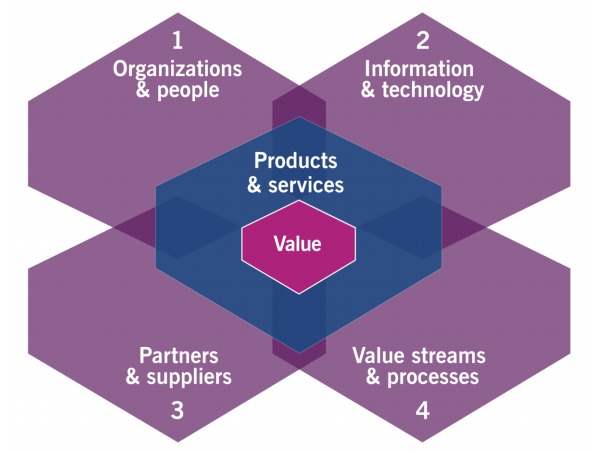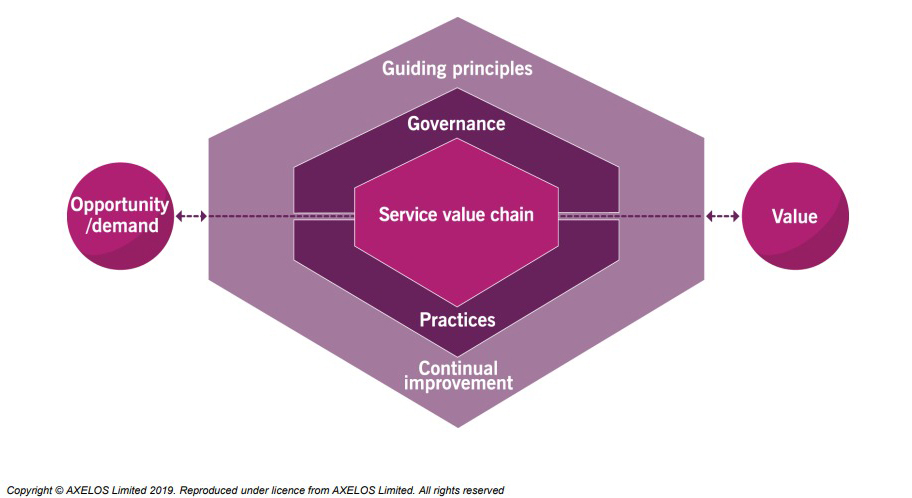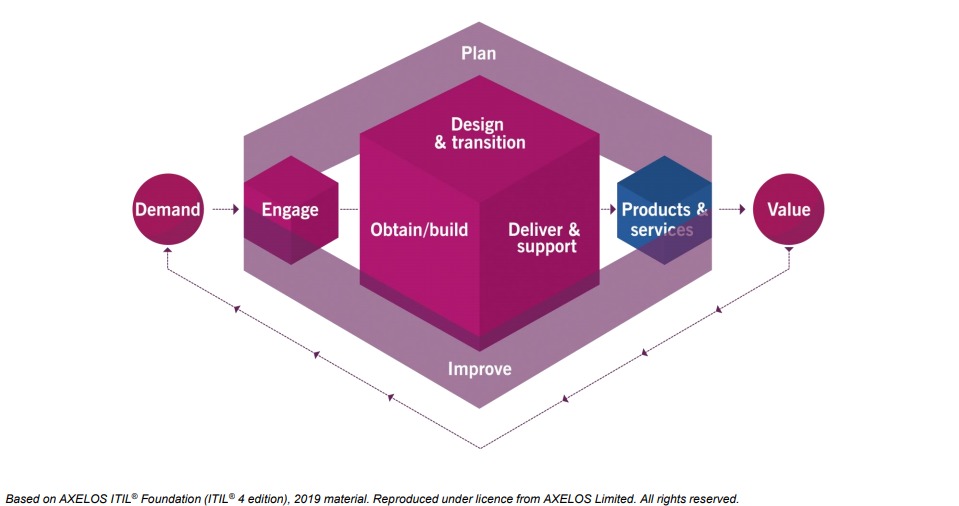AXELOS has taken the decision to stop offering the previous version of the world’s leading certification in IT service management, ITIL v3, by the end of 2021.
There will be a phased approach to discontinuing the Foundation and Intermediate examinations to allow your customers enough time to complete their ITIL v3 Intermediate level certifications so they can accumulate enough credits to qualify for the Transition examination.
The confirmed timings are as follows:
- ITIL v3 Foundation (English) to be discontinued as of 1 July 2021
- ITIL v3 Intermediates (English) to be discontinued as of 1 January 2022
- ITIL 4 Managing Professional Transition examination (English) to be discontinued as of 1 July 2022
- Translated guidance and examinations discontinuation dates will be announced on a case-by-case basis based on the corresponding product release dates for the ITIL 4 higher modules.
If you have any further questions about ITIL 4 or ITIL v3 discontinuation, please contact us via the contact form.





